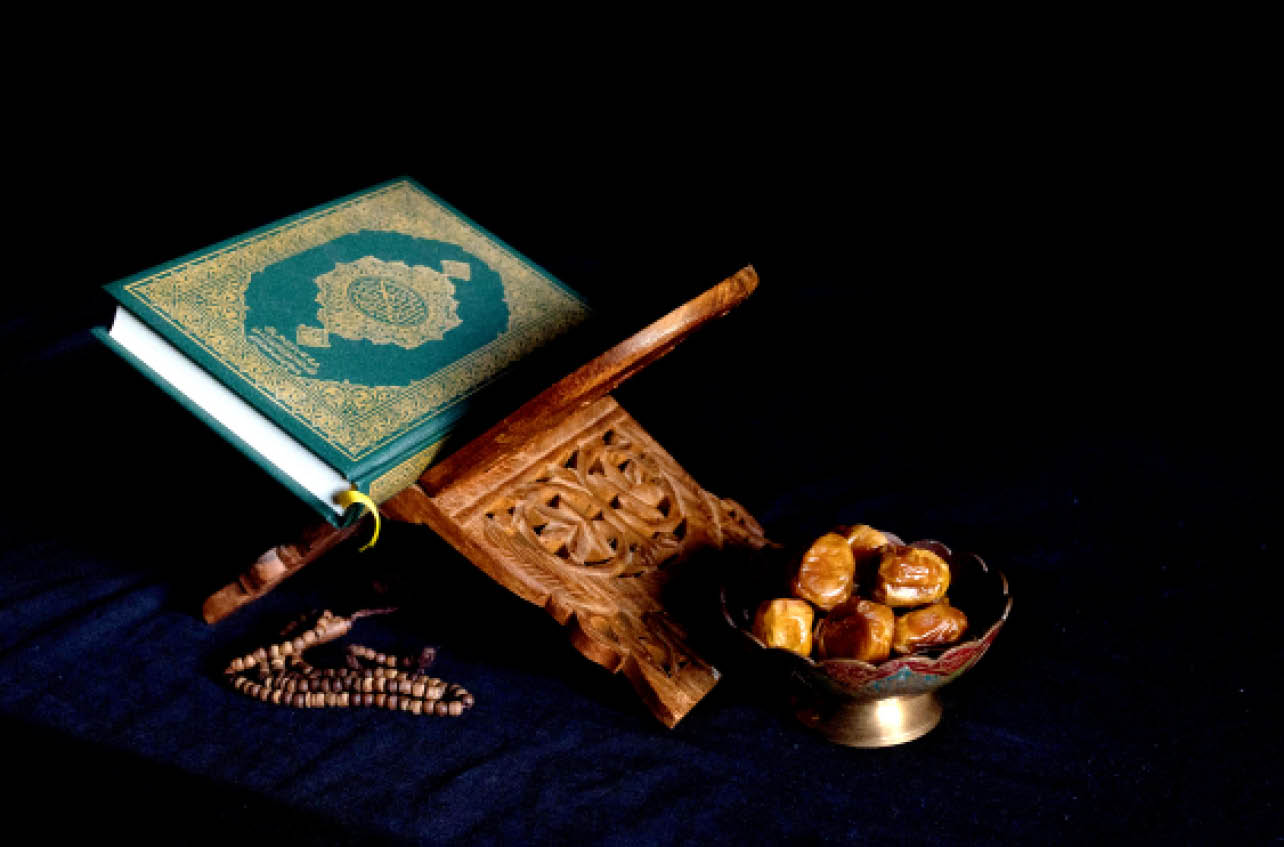Brethren, somebody wanted to know what was the best food of Prophet Muhammad (upon him be peace and blessings of the Almighty) especially during this month. I said: “Yes! That is indeed a legitimate question, particularly for those who are as privileged as we are today. Yes, some of us can afford the luxurious experience of having assorted meals during the Sahur and Iftar.
Yes. In our homes, some of us have a roster of meals that we can pick from: rice today, beans tomorrow and porridge two days from now. But these are the privileges and blessings of the Almighty that we enjoy today and for which some of us are not thankful to Him.
Our Prophet never had the privilege of making the kind of choices that we make today. Theirs was largely a life of austerity and of hunger; he would spend days in his house and no fire would be lit to cook any meal. Thus, the question could not have arisen at all as to what was the best meal in his world.
The choices that the early Muslims had were largely delimited to milk, dates and meat. There were no tuwon shinkafa, akpu, beans etc that we enjoy today. The Prophet and his companions used to eat in order to live and survive; not vice versa.
Ramadan, a month more equal than others
Buhari sacks Saratu Umar as NIPC boss
Thus, I thought today’s sermon should address an issue which we often gloss over or pay little attention to during the blessed month of Ramadan. This relates to our eating habits and schedules.
You would remember that during the month, we are expected to eat early in the morning, begin our fast as soon as the fajr appears and observe fasting throughout the day. As soon as it is sunset, the fasting believers are expected to break their fast and enjoy every other lawful act till the dawn of the following day.
This month consequently provides opportunities for Muslim families to bond more than ever before. It reminds the husband in the home of the necessity to be responsible and responsive to the needs and yearnings of members of his household.
During the month of Ramadan, the Muslim wife derives new strength in His worship. She remembers that each minute she spends in the kitchen in pursuit of the pleasure of her husband and children shall be doubly rewarded by her Creator.
The above brings me to the core of our message today. First of all, every one of us should approach our meals during this month and thereafter as an act of worship. Our Creator says: “O children of Adam! Look to your adornment at every place of worship, and eat and drink, but be not prodigals. Lo! He loveth not the prodigals.” (Quran 7:31) “Eat of the good things we have provided for your sustenance, but commit no excess therein.” (Qur’an 20:81). Thus, each time a Muslim takes a good meal, he should have it in mind that he is actually following His injunctions.
Again, brethren, remember that our leader, Prophet Muhammad (s.a.w), advised that we cultivate the habit of eating less as a method of preventing sickness and diseases. He is reported to have said: “Eat less, you will be healthier.”. He says again: “Nothing is worse than a person who fills his stomach. It should be enough for the son of Adam to have a few bites to satisfy his hunger. If he wishes more, it should be: one-third for his food, one-third for his liquids, and one-third for his breath”.
Thus, to have fasted a whole day should not be taken as a warrant to become a glutton.
What about our water in-take during the month of Ramadan. The Holy Prophet is reported to have said: “Do not drink water in one gulp (or one breath) like a camel, but take it in two or three gulps (with breaks for breath). Mention the name of Allah (recite “Bismillah”) when you start drinking and praise Him (say “Alhamdullillah”) when you finish.
Our uncle told us that the human physiology in reference to water in-take is similar to that of the chicken: it sips water not gulps it. Brother, it is better for you to take water while sitting down, not while standing.
During this month, it is usual for us to attend iftar gatherings where we would meet with our fellow brothers and sisters and break our fasts together. As Muslims, we are required to show compassion, grace, gentleness, and consideration in such gatherings.
In such gatherings, give preference to others in the service of food and drinks. Begin by washing your hands. This is a virtue which Islam has taught over a millennium ago. Take your food in smaller portions. Remember, your table manners sometimes mirror how closer or farther you are from this world.
Do ‘justice’ to the food plate. In other words, avoid left-overs. Remember millions are out there who do not have the kind of opportunity that you have. What about eating with the right hand, This, is a virtue which modernity continues to anathemize. To eat and drink with the left hand has become fashionable today; to eat with the right hand is to be primeval.
Eat to fast during this month, not fast to eat!

 Join Daily Trust WhatsApp Community For Quick Access To News and Happenings Around You.
Join Daily Trust WhatsApp Community For Quick Access To News and Happenings Around You.


